

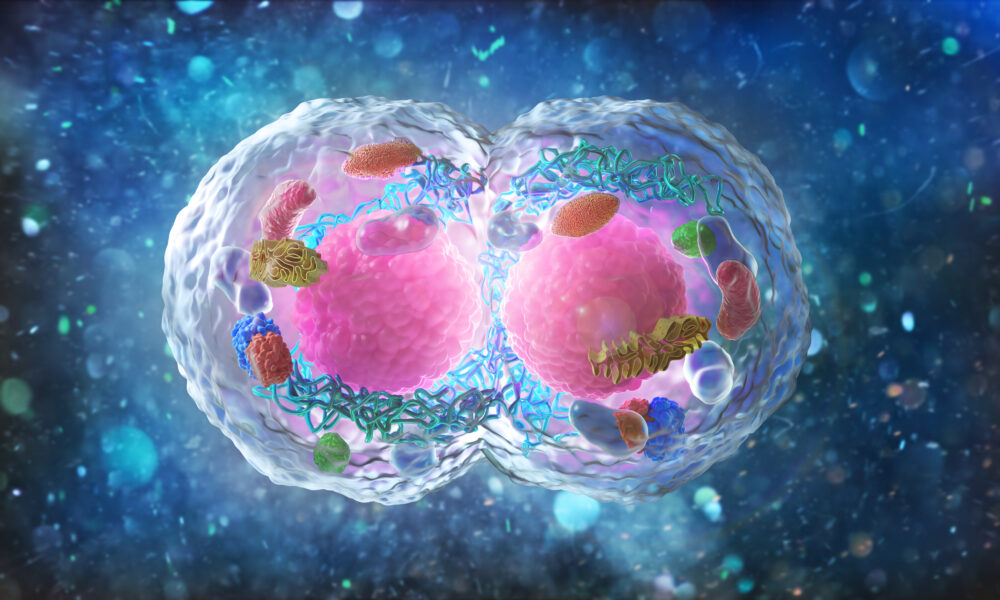
Irreducible Complexity: Michael Behe Breaks Down a Key ID Concept
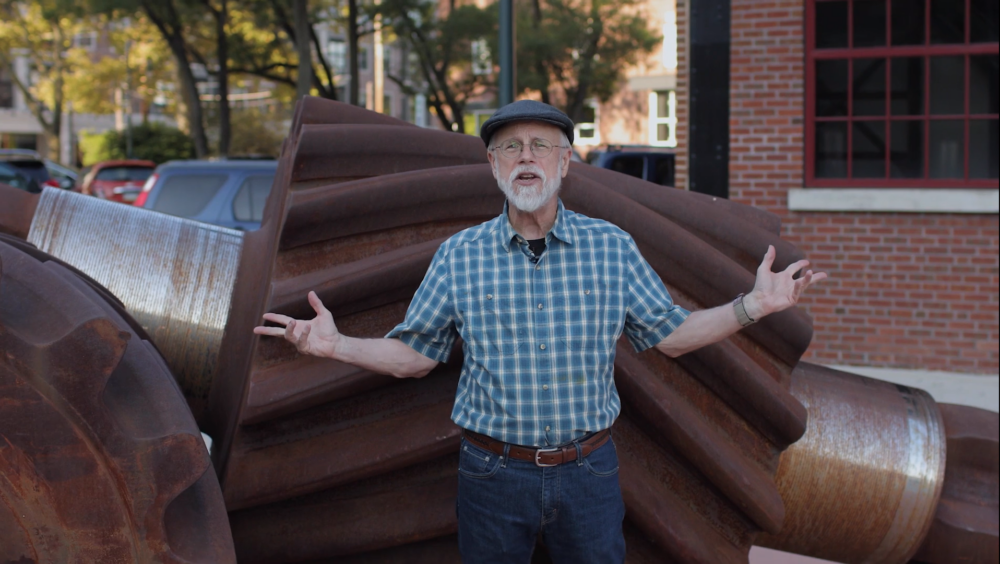
Michael Behe: Behind The Scenes of Secrets of the Cell

Michael Behe on the Origin of Biological Information

Michael Behe and Michael Medved Explore Secrets of the Cell
On today’s ID the Future, Michael Medved interviews biologist Michael Behe about Behe’s visually stunning YouTube series, Secrets of the Cell. Behe summarizes one of the key messages of the video series, namely that everything from the life-essential blood clotting system to a myriad of crucial protein structures in our bodies increasingly appear to be far beyond the reach of blind evolutionary mechanisms to build. Instead they appear to be the work of planning and purpose, which is the purview of mind. Meanwhile, even many mainstream evolutionists are growing skeptical of neo-Darwinism, Behe says, as biologists continue to uncover more and more layers of cellular sophistication. The emerging field of metagenomics, he says, is a case in point. Medved also Read More ›

Behe Counters the Best Objections to Irreducible Complexity and ID, Pt 3
On today’s ID the Future biologist Michael Behe and Philosophy for the People host Pat Flynn conclude their conversation (posted by permission here) about some of the best objections to Behe’s central case for intelligent design. One objection Behe and Flynn tackle in this episode: the idea of evolution overcoming the irreducible-complexity hurdle through co-option. That is, maybe the precursors to what would become one of today’s molecular machines, such as the bacterial flagellum motor, co-opted simpler machines being used for other purposes, allowing evolution to build a bacterial flagellum motor one small step at a time over thousands or millions of generations, even though the completed bacterial flagellum ceases to function at all when just one of its many key parts Read More ›
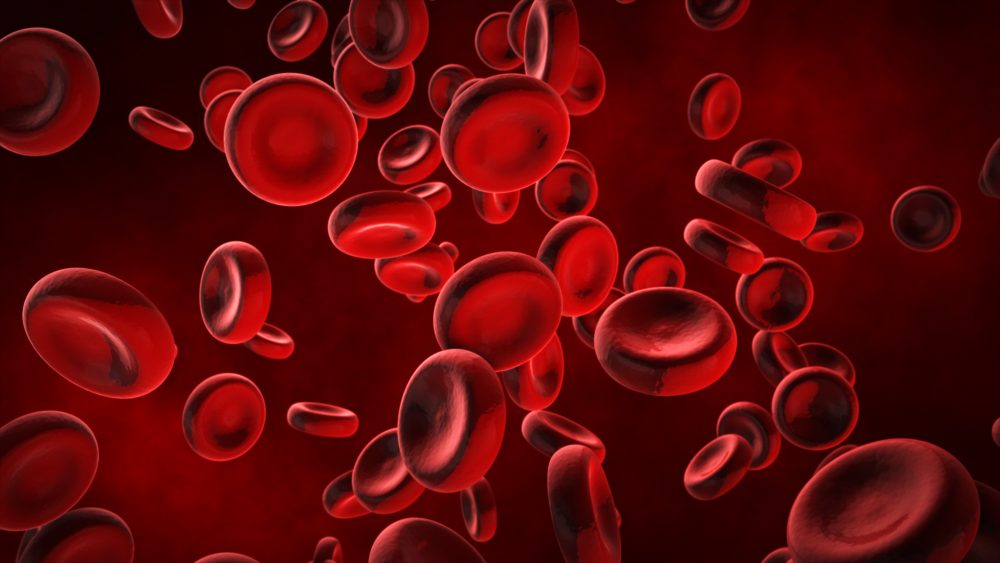
Behe Counters the Best Objections to Irreducible Complexity and ID, Pt 2
Today’s ID the Future continues A Mousetrap for Darwin author Michael Behe’s conversation with philosopher Pat Flynn, focused on some of the more substantive objections to Behe’s case for intelligent design in biology. In this segment the pair discuss the bacterial flagellum, the cilium, and the blood clotting cascade, and tackle critiques from Alvin Plantinga, Graham Oppy, Russell Doolittle, Kenneth Miller, and others. This interview is posted here by permission of Pat Flynn.
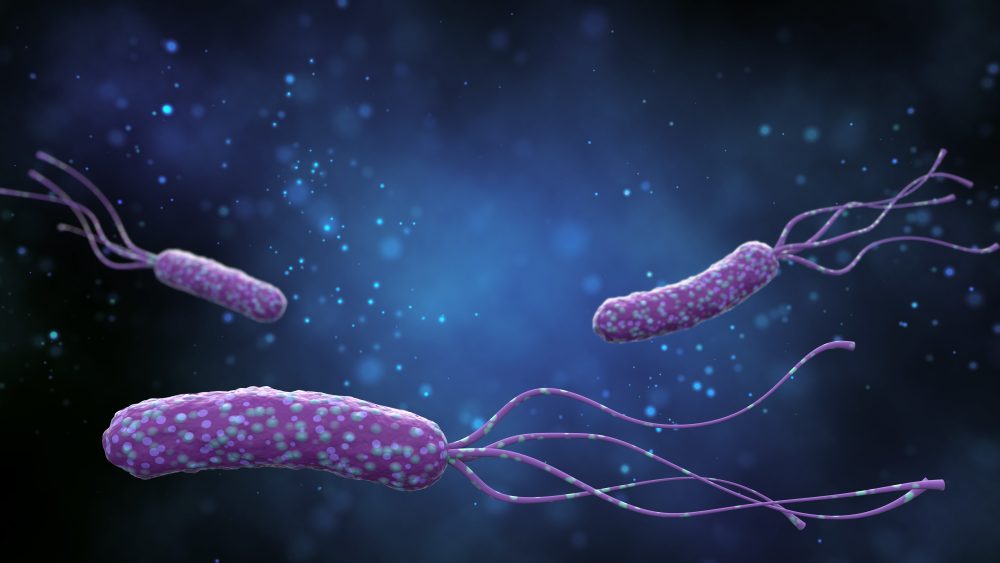
Behe Answers the Best Objections to Irreducible Complexity and ID, Pt. 1
On today’s ID the Future Lehigh University biologist Michael Behe addresses what Philosophy for the People host Pat Flynn considers some of the best objections to Behe’s central intelligent design argument. As far back as the 1996 book Darwin’s Black Box, Behe has argued that certain features in biology are irreducibly complex. That is, they require numerous essential parts, each carefully fitted to its task and integrated with the other parts, in order for the molecular machine or system to function at all. Two examples are the bacterial flagellum motor and the blood clotting cascade. Such systems are, in Behe’s words, irreducibly complex and could not have arisen through any blind and gradual evolution process. The better explanation for their Read More ›

Behe and Ramage: Evolution’s Limits and the Fingerprints of Design
Today’s ID the Future wraps up a debate over evolution and intelligent design between Lehigh University biologist Michael Behe and Benedictine College theologian Michael Ramage. Both Behe and Ramage are Catholic, and they carry on their conversation in the context of Catholic thinking about nature and creation, in particular the work of Thomas Aquinas and contemporary Thomist philosophers. Ramage seeks to integrate his Thomistic/personalist framework with modern evolutionary theory’s commitment to macroevolution and common descent. Behe doesn’t discount the possibility of common descent but lays out a case that any evolution beyond the level of genus (for instance, the separate families containing cats and dogs) cannot be achieved through mindless Darwinian mechanisms and, instead, would require the contributions of a Read More ›
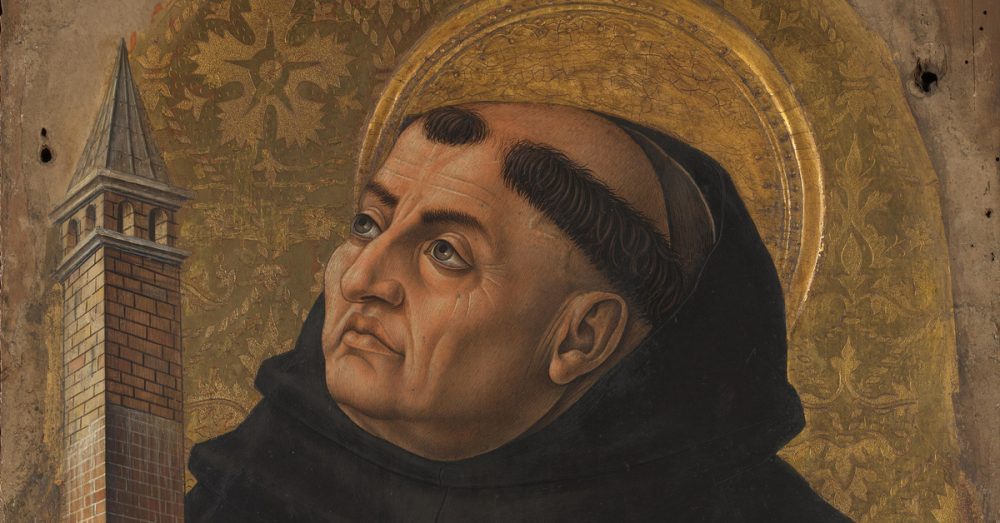
Behe and Ramage Debate, Pt. 2: Evolution, ID, and Aquinas
Today’s ID the Future continues the conversation between Catholic intelligent design biologist Michael Behe and Catholic theologian Matthew Ramage. Both agree that nature points to a cosmic designer, but Ramage says he prefers, on aesthetic grounds, the idea that the biological realm has the capacity, gifted by God, to evolve on its own without the need for intervention by God. Behe notes that people have different aesthetic predilections, but it’s the scientist’s job not to figure out how he would have preferred things to have happened in nature, but to discover how they actually did come about. Behe also says that while the sun, moon, and stars do move according to fixed natural laws, it doesn’t follow from this that Read More ›